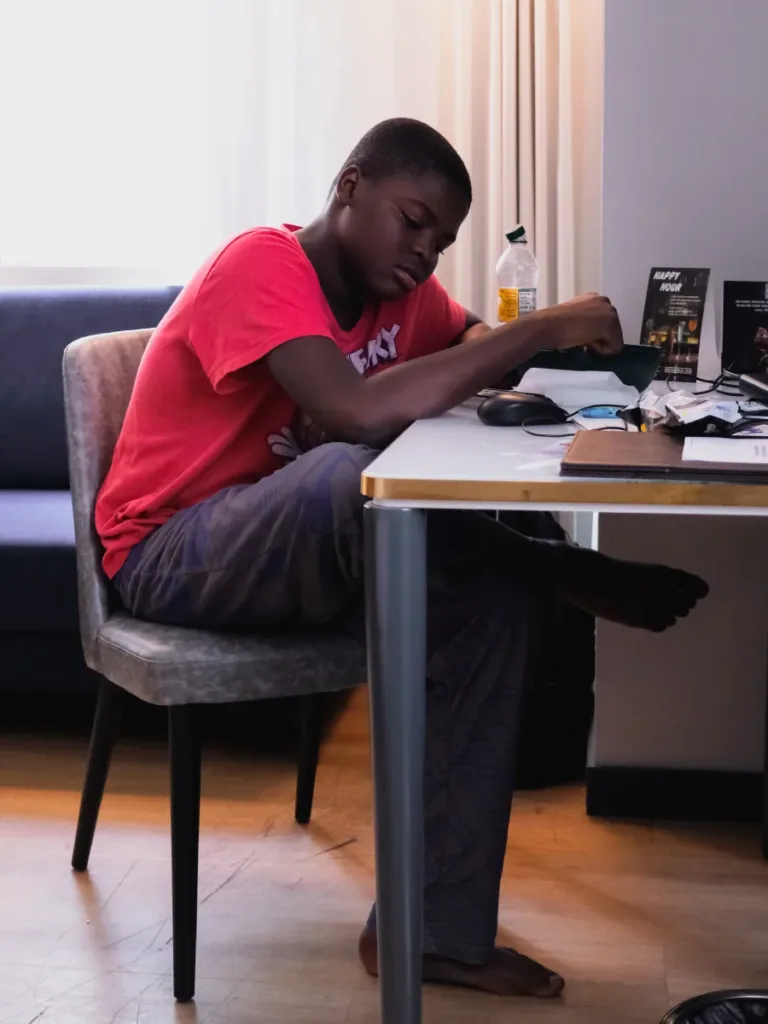In today’s technology-driven world, screen time has become a significant part of children’s lives. However, for children with autism, spending too much time in front of screens can come with unique challenges.
Understanding the effects of excessive screen time on children with autism is crucial. It can influence their social skills, communication, and overall development. This blog explores the risks of screen time for children with autism and provides tips to create a healthy balance for better growth and well-being.
Why is Screen Time a Concern for Children with Autism?
Children with autism process information differently from their peers. Fast-moving visuals, bright lights, and overstimulation from screen-based activities can create sensory overload. This overstimulation can make it harder for children with autism to focus on developing crucial skills like communication and social interaction.
The Risks of Excessive Screen Time:
- Delayed Social Skills: Real-world interactions are essential for children with autism to develop social skills. Too much screen time can limit these interactions, making it more difficult for them to practice essential communication skills.
- Attention Issues: Many screen-based activities are fast-paced, which may affect the child’s ability to focus on activities that require patience and attention, such as schoolwork or family conversations.
- Sleep Disruptions: Exposure to screens before bedtime can interfere with sleep, which is often already a concern for children with autism.
Finding Balance:
- Limit screen time: Try to set a daily screen time limit. For younger children, aim for less than 1 hour of screen time a day.
- Use screens for learning: Encourage educational apps and videos that teach social skills or communication.
- Promote real-world interactions: Encourage face-to-face interaction with family and peers, which helps in building social and emotional skills.

Conclusion:
While screens are a big part of modern life, for children with autism, finding the right balance is crucial. Limiting screen time and encouraging real-life interactions can greatly support their development. Have any tips or questions about autism and screen time? Feel free to share in the comments below!
